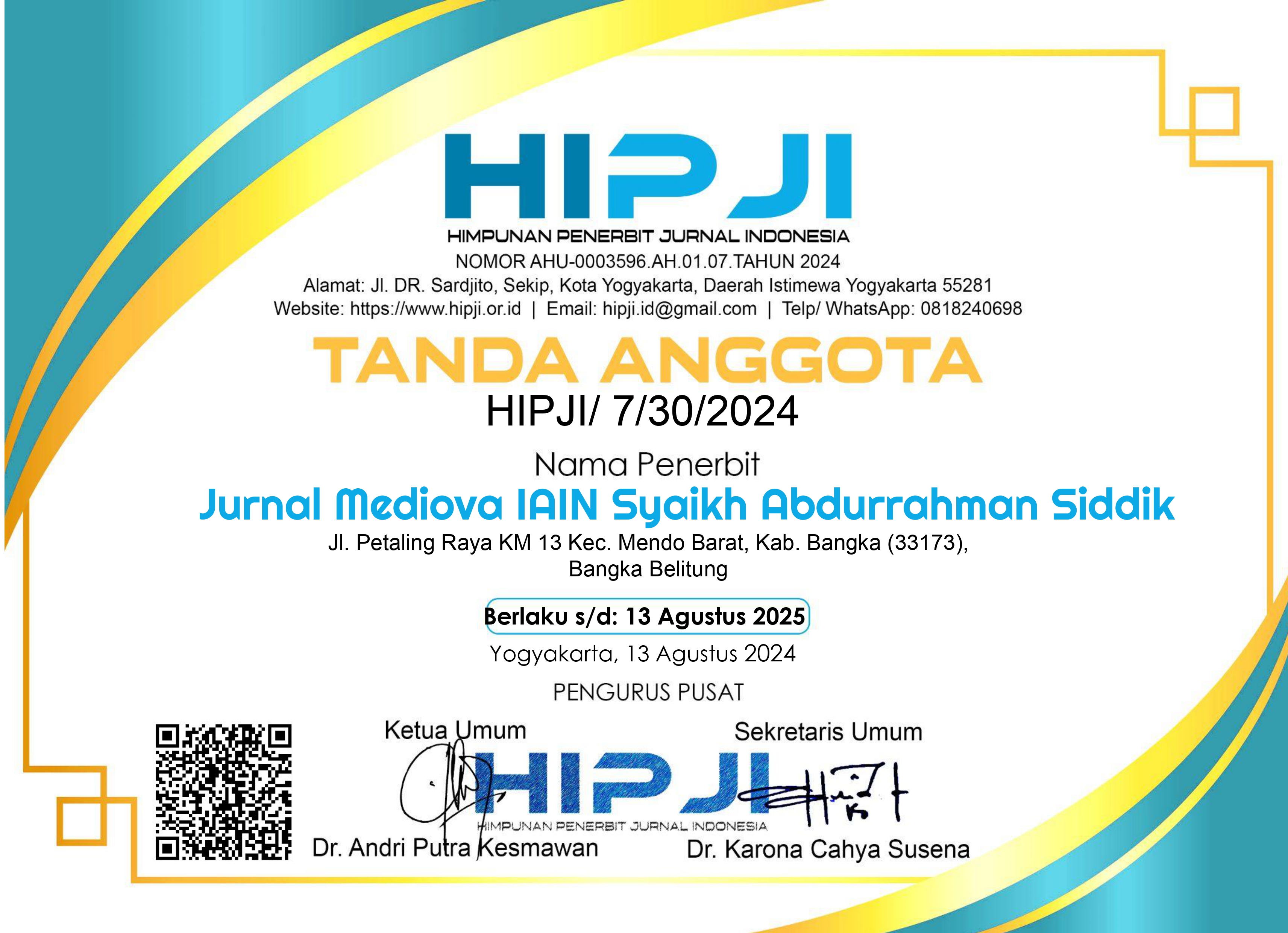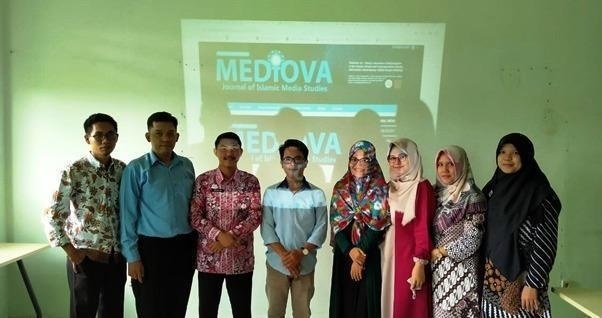LEADERSHIP COMMUNICATION'S ROLE IN STRENGTHENING EMOTIONAL BONDS AMID CHANGE IN THE DIGITAL ERA
Abstract
Organizational change often introduces discomfort and resistance among members, necessitating effective leadership communication to navigate these challenges. This paper explores the critical role of leadership communication in managing organizational change, focusing on persuasive techniques and emotional intelligence. It underscores that transparent, empathetic, and consistent communication not only reduces uncertainty but also fosters emotional connections within teams. Leaders who employ persuasive communication, coupled with narratives that resonate emotionally, can effectively manage resistance and align members with the organization’s evolving goals. The study also highlights the importance of emotional support, active listening, and openness in dialogue as key factors in building trust and commitment during transitions. In the digital era, the accessibility of communication platforms presents both opportunities and challenges, requiring leaders to adapt their strategies to maintain engagement and cohesion. By integrating traditional and digital communication methods, leaders can enhance their teams' resilience and adaptability, ensuring successful navigation through organizational change.
Downloads
Copyright (c) 2024 Anshar Elahi Sinaga, Rafles Abdi Kusuma

This work is licensed under a Creative Commons Attribution 4.0 International License.
Copyright Assignment
As an author of Journal Mediova of the Islamic Journalism study program of the Islamic Da'wah and Communication Faculty, IAIN Syaikh Abdurrahman Siddik Bangka Belitung, I, who sign below:
Declare:
- My paper is authentic; my own writing and it has not been published/proposed on any other journals and publication.
- My paper is not plagiarism but my original idea/research.
- My paper is not written by other help, except with Board of Editors and Reviewers recommendation who have been chosen by this journal.
- In my paper, there are no other writings or opinions except referred in bibliography and relevant with the rule of writing in this journal.
- I will do this assignment for sure. If there are irregularities and untruths in this assignment, I will be responsible later according to the applicable law.
- Authors retain copyright and grant the journal right of first publication with the work simultaneously licensed under a Creative Commons Attribution 4.0 International License that allows others to share the work with an acknowledgment of the work's authorship and initial publication in this journal.
- Authors are able to enter into separate, additional contractual arrangements for the non-exclusive distribution of the journal's published version of the work (e.g., post it to an institutional repository or publish it in a book), with an acknowledgment of its initial publication in this journal.
- Authors are permitted and encouraged to post their work online (e.g., in institutional repositories or on their website) prior to and during the submission process, as it can lead to productive exchanges, as well as earlier and greater citation of published work (See The Effect of Open Access).








.png)









